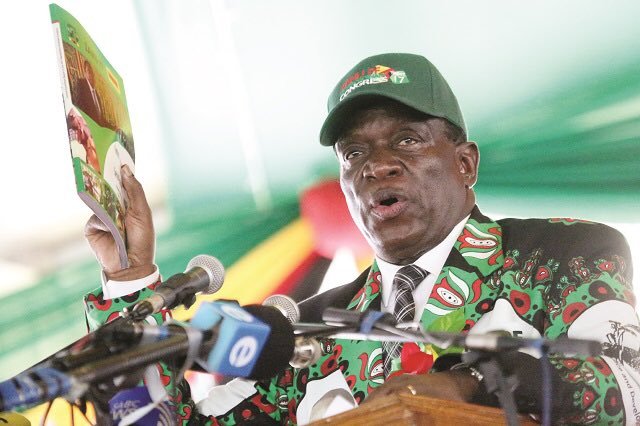
Introduction
On 31st December 2024, President Emmerson Mnangagwa signed the Death Penalty Abolition Bill into law, officially abolishing the death penalty for all crimes. The law ensures that individuals currently on death row in Zimbabwe will now have their sentences reviewed and adjusted. Although Zimbabwe has not carried out any executions since 2005, the death penalty was still being imposed in certain murder cases.
However, it is worth noting that the new provision in the Defence Act, introduced by the Death Penalty Abolition Act, 2024 allows for the reinstatement of the death penalty during a state of public emergency, which is a concern.
Amnesty International Zimbabwe's Executive Director, Lucia Masuka has urged the authorities to move swiftly to a full abolition of the death penalty by removing this clause.
This represents a significant advancement in human rights, as Zimbabwe's abolition of the death penalty for all crimes aligns with international standards that uphold the right to life and human dignity. It is not only a remarkable achievement for Zimbabwe but also a symbol of hope for the abolitionist movement across the region. Furthermore, it stands as a major milestone in the global effort to eliminate this ultimate form of cruel, inhuman and degrading punishment.
Peaceful Assembly
Activist arrested amid crackdown on protests
Zimbabwean activist and Chairperson of the Southern Africa Human Lawyers Commission, Professor Talent Rusere, was arrested at the Plumtree Border Post on 23rd December 2024 after being deported from Botswana. Rusere claims he was blindfolded and tortured during his arrest before being transported to Harare, Zimbabwe.
The following day, Rusere appeared before a court in Harare where he was charged with violating immigration laws and the Data Protection Act after he was accused of leaving Zimbabwe without a valid passport via an unknown border.
Before his arrest, Rusere had alleged that over 226,000 Zimbabweans participated in the Mozambican elections on 9th October 2024, a claim he supported with videos shared by the Mirror Newspaper, and had called for regional demonstrations against election rigging. The allegations fueled outrage on social media, with some Zimbabweans threatening violent solidarity protests to support opposition groups in Mozambique. Opposition protests escalated after Mozambique's top court confirmed the ruling Frelimo party’s victory on 23rd December 2024, amidst widespread claims of electoral fraud.
Zimbabwe’s ambassador to Mozambique, Victor Matemadanda, denied claims that Zimbabweans participated in Mozambique’s presidential election, stating there was no evidence to support these allegations.
Prosecutors argued that Rusere's influential position and activism posed a risk of further offences, alleging that he could incite unrest across the SADC region. The court denied Rusere bail and remanded him until February 2025. Rusere lodged complaints of blindfolding and torture during his arrest, which remain under investigation.
Expression
Bill threatens media independence
On 22nd November 2024, the Broadcasting Services Amendment Bill was gazetted. The Bill aims to align Zimbabwe's Broadcasting Services Act with constitutional provisions on freedom of expression. While it introduces changes like relaxing foreign ownership limits to 40% and increasing local content requirements for broadcasters, the Bill raises concerns about its potential to undermine media independence and pluralism.
The composition of the Broadcasting Authority of Zimbabwe will be altered, reducing its Board to seven members, from the previous twelve. While the previous board had three members nominated by the Parliamentary Committee, the new board will be appointed solely by the President, raising concerns about potential political control. Additionally, by raising higher local content quotas, the Bill risks limiting international programming. It also retains overly broad restrictions on political content for community broadcasters. While the Bill seeks to modernise broadcasting regulations, it risks restricting freedom of expression and media diversity and requires significant re-drafting to address these issues.